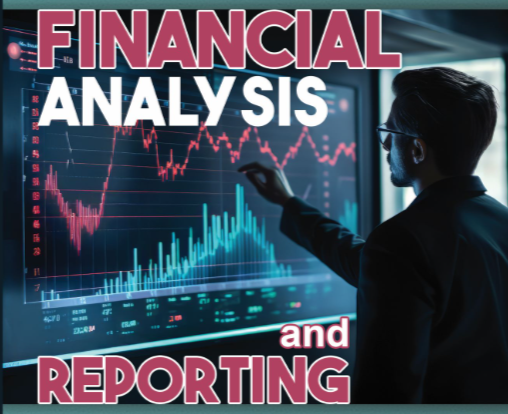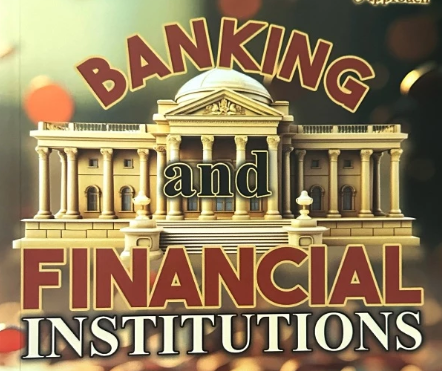
FM 121: FINANCIAL ANALYSIS AND REPORTING - 2E
This course deals with solving common financial problems. The primary focus is on equity (share) valuation, with some attention given to credit analysis and the valuation of debt. The methods of fundamental analysis will be examined in detail and applied in cases and projects involving listed companies. Topics include models of shareholder value and a comparison of accounting and discounted cash flow approaches to valuation, methods of financial statement analysis, testing the quality of financial reports, designing value-added metrics, forecasting earnings and cash flows, pro-forma analysis for strategy and planning, and the determination of price/earnings and market-to-book ratios.

FM 121: FINANCIAL ANALYSIS AND REPORTING - 2D
This course deals with solving common financial problems. The primary focus is on equity (share) valuation, with some attention given to credit analysis and the valuation of debt. The methods of fundamental analysis will be examined in detail and applied in cases and projects involving listed companies. Topics include models of shareholder value and a comparison of accounting and discounted cash flow approaches to valuation, methods of financial statement analysis, testing the quality of financial reports, designing value-added metrics, forecasting earnings and cash flows, pro-forma analysis for strategy and planning, and the determination of price/earnings and market-to-book ratios.

FM 122: BANKING AND FINANCIAL INSTITUTIONS - 2A

FM 133: CAPITAL MARKET - 3C
This course focuses on Capital Market Theory, its efficiency, and implications. It establishes its coherence with the rest of financial institutions within the financial environment. The course also deals with the relationship of the financial market with the government and how the latter stands as a powerful influential tool. The course likewise attempts to develop the analytical ability of the students through various financial case presentations.

FM 133: CAPITAL MARKET - 3B
This course focuses on Capital Market Theory, its efficiency, and implications. It establishes its coherence with the rest of financial institutions within the financial environment. The course also deals with the relationship of the financial market with the government and how the latter stands as a powerful influential tool. The course likewise attempts to develop the analytical ability of the students through various financial case presentations.
